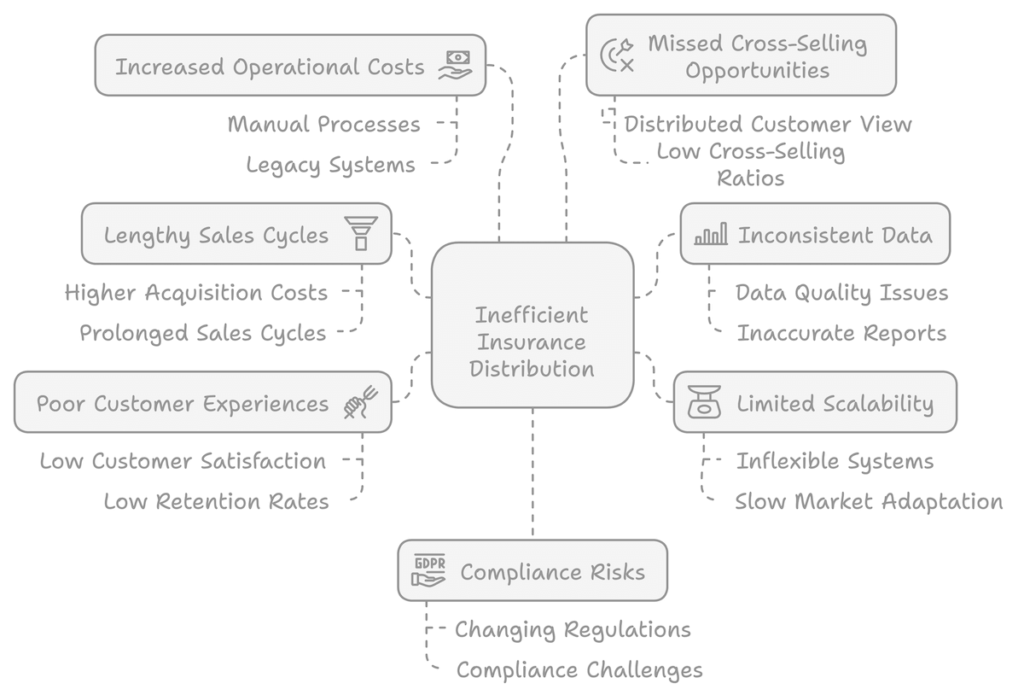The glittering towers of casino-resort condominiums have become increasingly attractive to investors seeking both luxury living and rental income potential. Properties like Trump International Hotel Las Vegas, The Cosmopolitan’s private residences, and Atlantic City’s Ocean Club offer the allure of high-end amenities, prime locations, and the promise of steady returns from vacation rentals. However, beneath the surface of these seemingly lucrative investments lie complex financial considerations that many buyers discover too late.
The Appeal of Casino-Resort Living
Casino-resort condos – like those in popular destinations featured on danny dollar demo – typically offer amenities that traditional residential properties cannot match: concierge services, world-class dining, entertainment venues, spas, and proximity to gaming floors. For investors, the built-in hospitality infrastructure suggests an easier path to rental income, particularly in markets like Las Vegas, Atlantic City, and emerging gaming destinations.
The marketing pitch is compelling: purchase a luxury unit, use it personally when desired, and rent it out through the resort’s rental program when absent. The resort handles marketing, maintenance, and guest services, while owners collect their share of the revenue. This hands-off approach appeals to investors who want real estate exposure without the typical landlord responsibilities.
The Reality of Resort Rental Programs

While resort rental programs offer convenience, they come with significant trade-offs that aren’t always transparent during the sales process. Most programs involve revenue-sharing agreements where the resort takes 40-60% of rental income, significantly higher than typical property management fees. Additionally, owners often have limited control over pricing, occupancy decisions, and rental calendars.
Many resort condos also restrict independent rentals, meaning owners cannot market their units through platforms like Airbnb or VRBO. This exclusivity can limit income potential, especially if the resort’s occupancy rates decline or if their pricing strategy doesn’t align with market conditions.
The promised rental income projections often prove overly optimistic. Resort operators typically base these projections on peak performance periods or best-case scenarios, failing to account for seasonal fluctuations, economic downturns, or increased competition from new properties.
Insurance Challenges and Hidden Costs

One of the most significant hidden costs involves insurance complexity. Casino-resort condos often require specialized commercial insurance policies rather than standard homeowner’s coverage, particularly if the unit participates in rental programs. These policies can cost 2-3 times more than traditional residential insurance and may include coverage gaps that owners don’t discover until they file a claim.
The mixed-use nature of these properties creates unique liability exposures. Units that serve both as personal residences and commercial rental properties face increased risks related to guest injuries, property damage, and business interruption. Standard homeowner’s policies typically exclude coverage for commercial activities, leaving owners potentially liable for significant damages.
Master insurance policies carried by the resort association may not provide adequate coverage for individual units, particularly for high-value finishes and personal property. Owners often must purchase additional coverage to protect their investment fully, adding thousands of dollars annually to operating costs.
Assessment and Fee Structures
Casino-resort condos typically carry higher monthly fees than traditional condominiums due to the extensive amenities and services provided. These fees can range from $800 to $2,500 per month for luxury units, significantly impacting cash flow for investment properties.
Special assessments pose another risk. Resort properties require constant updates to remain competitive, and major renovations or improvements often trigger special assessments that can reach tens of thousands of dollars per unit. Unlike traditional condos where owners vote on such expenditures, resort associations may have more authority to impose assessments for competitive reasons.
The fee structures often include charges for services that benefit the resort more than individual owners, such as marketing and promotional activities. While these efforts may increase property values and rental income, they represent ongoing costs that reduce net returns.
Market Volatility and Liquidity Concerns
Casino-resort condos face unique market pressures that can significantly impact values. Gaming industry downturns, changes in local regulations, or shifts in tourism patterns can dramatically affect both rental income and property values. The 2008 financial crisis demonstrated how quickly these markets can collapse, with many casino-resort properties experiencing value declines of 50% or more.
Liquidity represents another challenge. The specialized nature of these properties limits the buyer pool, potentially making them harder to sell quickly. During market downturns, casino-resort condos often experience longer sale periods and steeper price reductions than traditional residential properties.
The concentration of similar properties in gaming markets can create oversupply situations, particularly as new casino-resort developments come online. This competition can pressure both rental rates and property values, especially in mature markets like Las Vegas and Atlantic City.
Tax Implications and Complexity
The taxation of casino-resort condos involves complexities that many owners don’t anticipate. Units used in rental programs may qualify for depreciation deductions, but they also trigger passive activity rules that can limit the ability to offset other income with rental losses.
The mixed personal and commercial use can complicate tax planning, particularly regarding the primary residence exclusion for capital gains. Owners who use their units personally while also renting them may face restrictions on tax benefits that they could otherwise claim.
State and local tax considerations add another layer of complexity. Some jurisdictions impose higher tax rates on short-term rental properties or require additional licensing and compliance measures that increase operating costs.
Due Diligence and Risk Mitigation
Potential investors should conduct thorough due diligence beyond what’s typically required for residential real estate. This includes reviewing the resort’s financial statements, understanding the rental program’s actual performance history, and analyzing the competitive landscape in the specific market.
Professional inspections should focus on the unique aspects of resort properties, including commercial-grade systems, fire safety equipment, and compliance with hotel-specific building codes. These properties often have more complex mechanical systems that require specialized maintenance and replacement.
Legal review becomes critical given the complex agreements governing resort rental programs, association bylaws, and potential restrictions on use and resale. Many standard real estate contracts don’t adequately address the unique aspects of casino-resort condo purchases.
Making an Informed Decision
Casino-resort condos can be viable investments for buyers who understand and accept their unique characteristics. Success often depends on having realistic expectations about rental income, maintaining adequate reserves for unexpected costs, and viewing the investment as a long-term holding rather than a quick profit opportunity.
The key lies in comprehensive analysis that goes beyond the marketing materials and sales presentations. Investors should model various scenarios including market downturns, changes in resort management, and potential increases in fees and assessments.
For those seeking luxury accommodations with occasional rental income, casino-resort condos may justify their costs through lifestyle benefits and convenience. However, buyers primarily motivated by investment returns should carefully compare these properties against alternative real estate investments that may offer better risk-adjusted returns.
Conclusion
The allure of casino-resort condos is undeniable, but the hidden costs and complexities can quickly erode investment returns. From specialized insurance requirements and high management fees to market volatility and liquidity challenges, these properties present risks that many traditional real estate investments don’t carry.
Successful casino-resort condo ownership requires careful planning, adequate capitalization, and realistic expectations. While some investors have achieved positive returns, others have discovered that the house advantage extends beyond the gaming floor to the real estate itself. As with any investment, thorough due diligence and professional guidance are essential to navigate the unique challenges these properties present.
The decision to purchase a casino-resort condo should be based on a complete understanding of all costs, risks, and potential returns rather than the glossy marketing materials that emphasize only the upside potential. For those willing to accept the complexities and risks, these properties can provide a unique combination of luxury living and investment opportunity, but only when approached with eyes wide open to both the potential rewards and the hidden costs that come with betting on casino-resort real estate.

